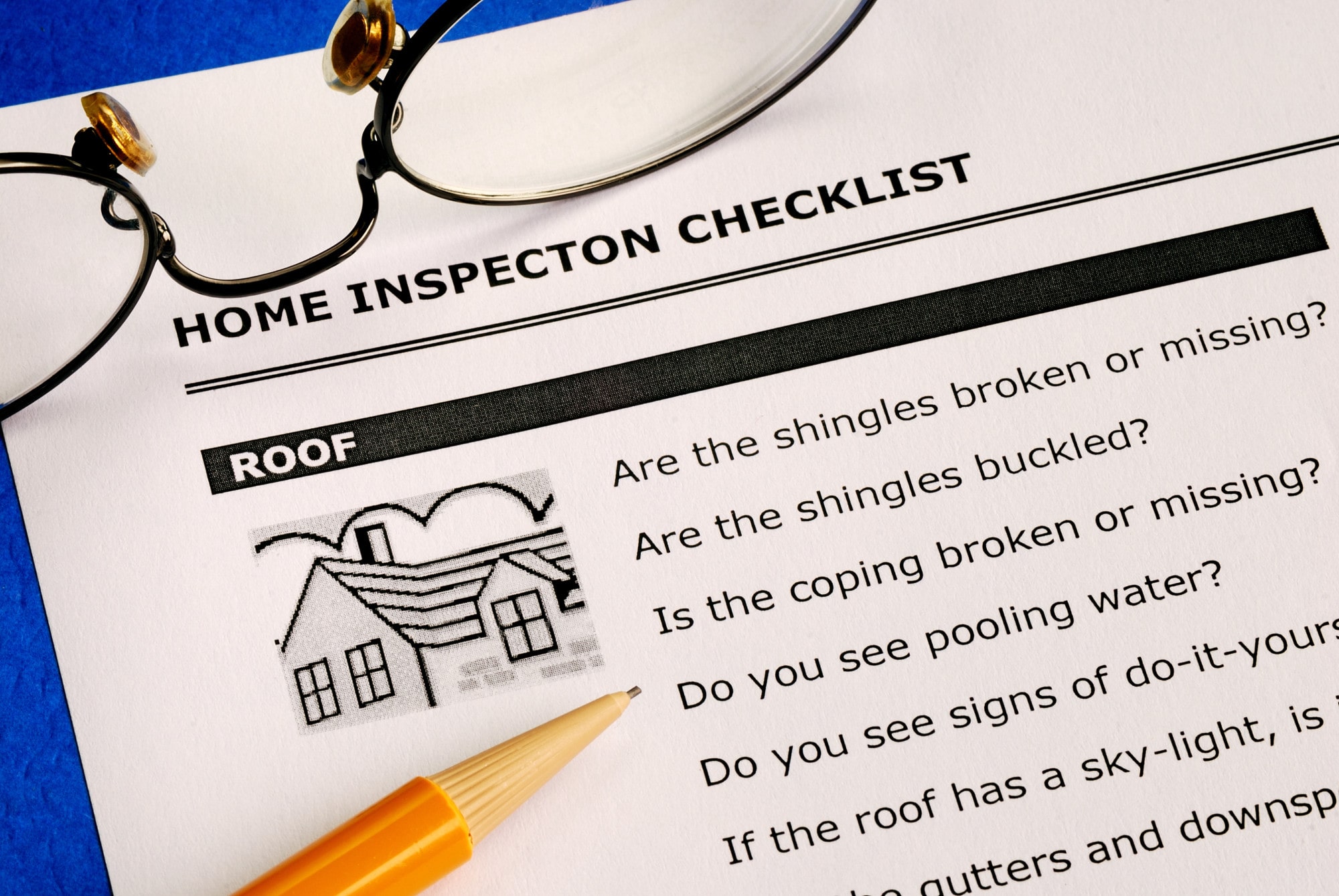Renting is rocketing. 350,000 American households started renting a residential property in 2019. Older adults are finding renting to be a cost-effective way to live.
This means that the tenant pool is becoming very large. You don't know how a tenant will be. A rental property inspection can give you important knowledge about your tenants.
What should you do before you start your inspections? What are some good times for them? How should you act if you find something you don't like?
Answer these questions and you can conduct quick and easy inspections. Here is your rental property inspection checklist.
Do Your Research
Rental property inspection laws limit how you conduct inspections. Section 5321.04 of the Ohio Revised Code states that you must give 24 hours of notice before you conduct an inspection. You can talk to a tenant in person or give them a note saying that you will inspect their space.
You should do research on your tenant and rental property. Think about what kinds of things you might notice and whether your tenant may or may not be responsible for them.
Do Not Make Assumptions
An inexperienced tenant may do a good job of maintaining your property. An experienced tenant may not understand how to clean or keep appliances working. Do not have any preconceived notions of your tenants before you conduct your inspections.
It is a good idea to conduct an inspection while your tenant is home. This gives you the opportunity to ask questions and give your tenant tips on maintaining their property.
Do Move-in and Move-Out Inspections
A move-in inspection gives you a baseline for how your property is. You can take photographs of important areas like the kitchen and bathroom.
A move-out inspection will let you assess how your tenant maintained your property. It gives you information to provide to other landlords if you are asked for a reference.
Do Not Confront Your Tenants
You may become angry or upset when you see the condition of your property. But getting into an argument with your tenant is a bad idea. Take notes about what you see and then get someone to clean up the mess.
If a tenant caused extensive damage, you can start the eviction process. Research how to evict a tenant before you make your first move.
Do Be Transparent With Your Tenants
You should tell your tenants why you are conducting inspections. You can tell them that you conduct periodic inspections of rental property. Ask them if there are certain areas you should not go into or take photographs of.
Do Not Hold Off on Repairs
The longer you wait to repair a broken pipe or appliance, the more damage may occur. Call a repair company as soon as you notice something wrong.
Do not waste time trying to gather money or information from your tenant. Use their security deposit to make the fixes you need to make.
The Dos and Don'ts of Rental Property Inspection
A rental property inspection helps you understand your tenants. You must give your tenants 24 hours of notice before inspections. Do not make assumptions about what you might find.
You should do one inspection when someone moves in and one when they leave. You can otherwise adopt your own inspection schedule.
Do not get angry at your tenants if they have broken something. Be transparent about what you found and why you are there. Then call a helpful person right away.
You don't have to inspect on your own. Remax Haven Realty helps Cleveland property owners. Contact us today.







